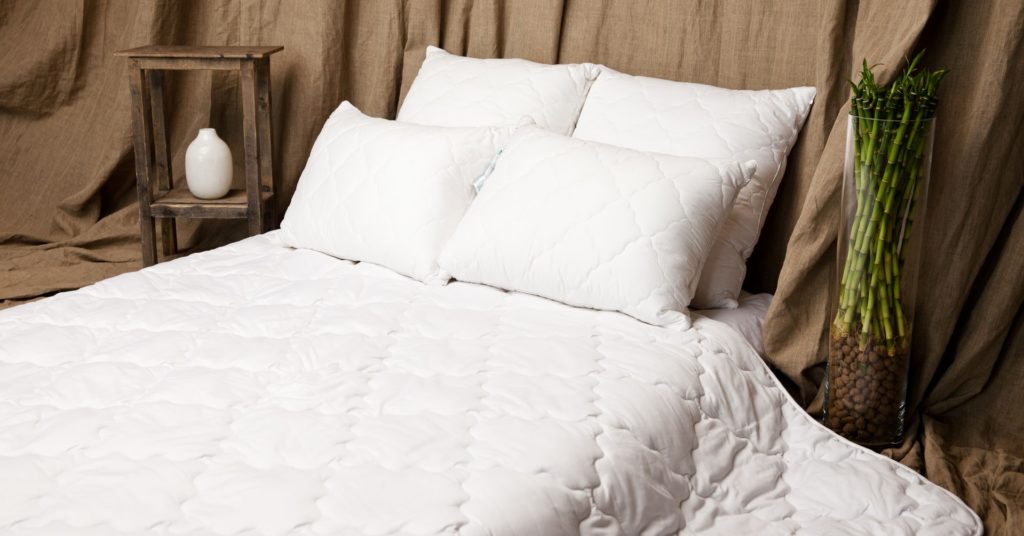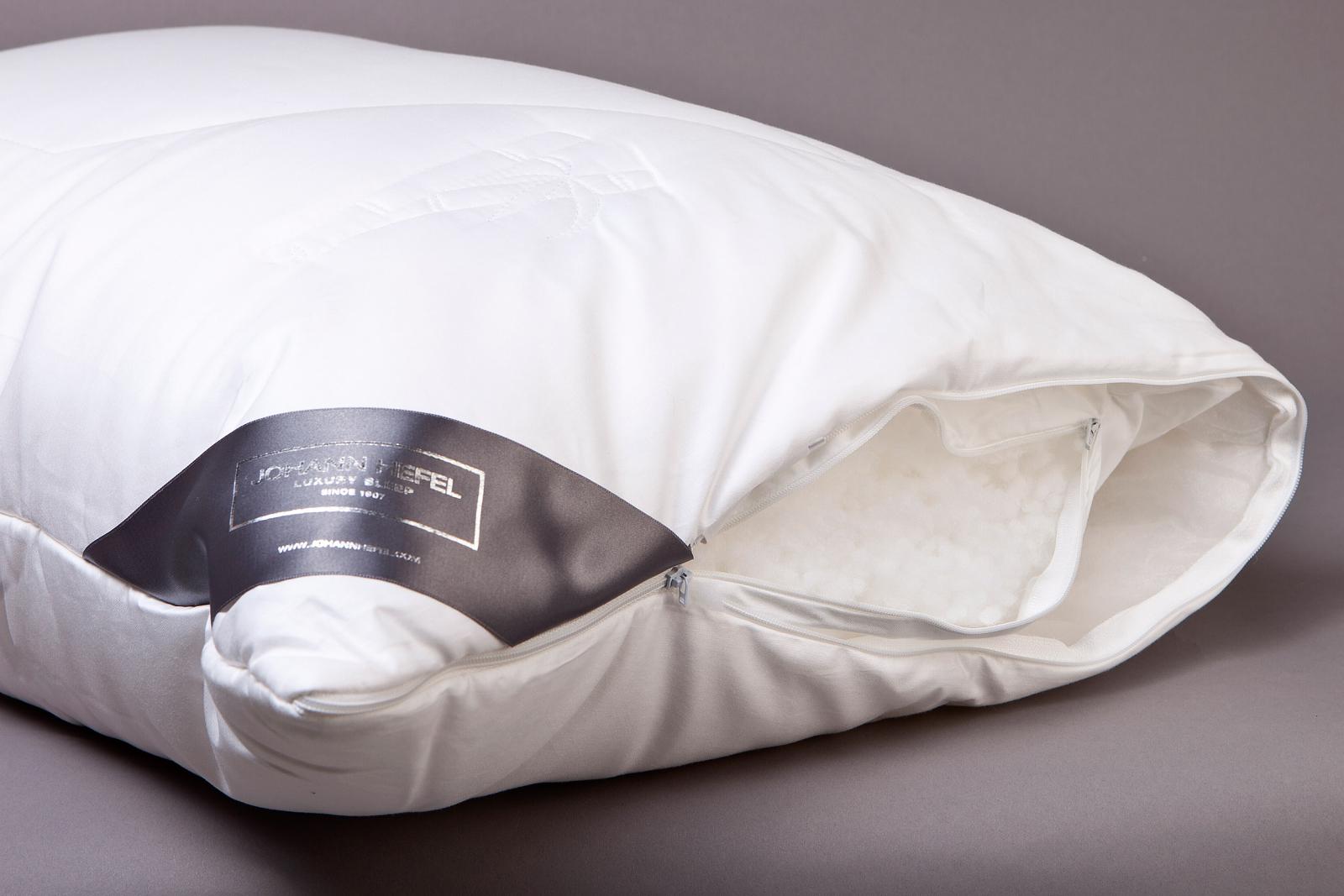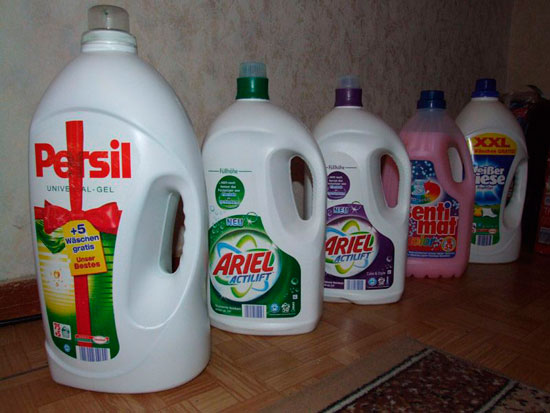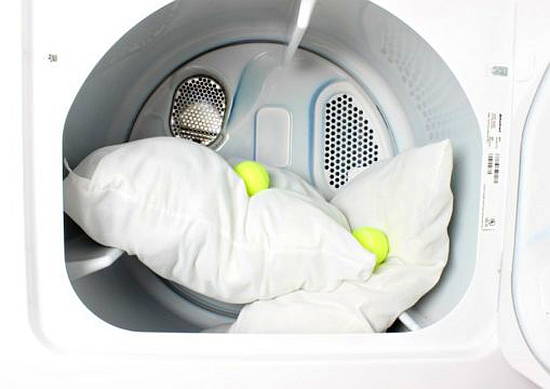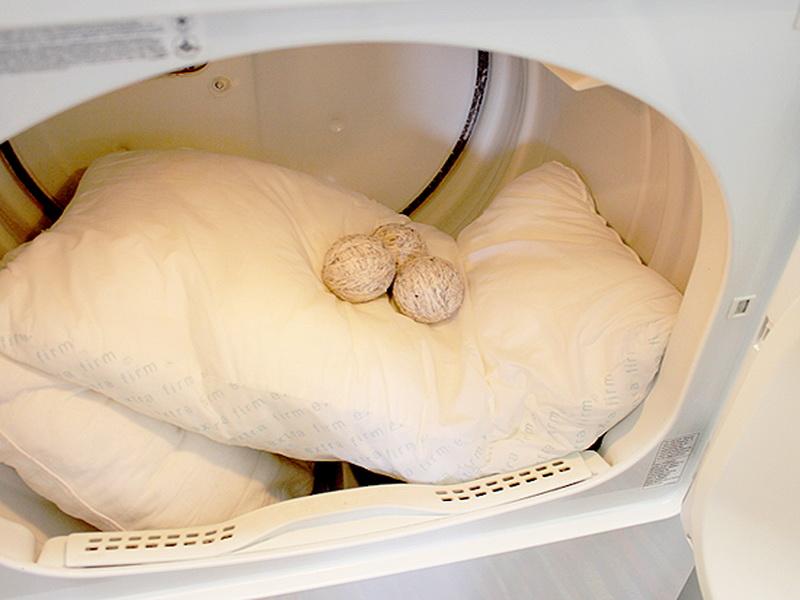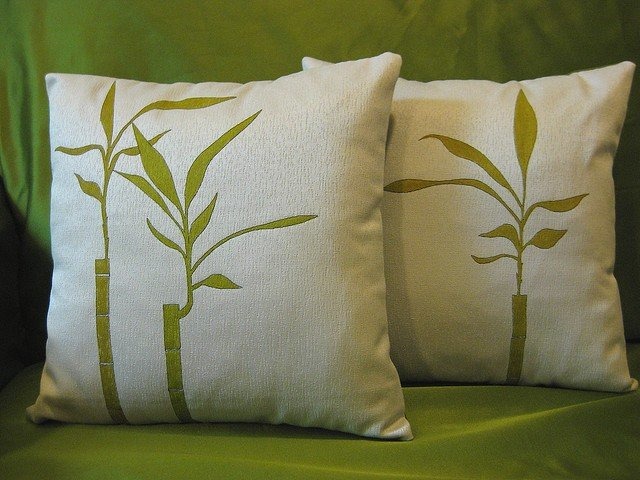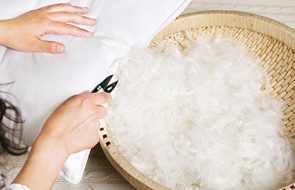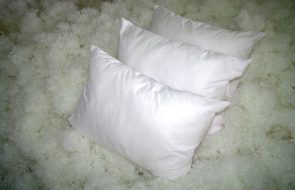Everyone has had to clean their apartment. Washing is one of the important activities of tidying up. We wash things every day. And those who have small children, even two or three times a day. We have to wash clothes, bed linen and many other things. A wide variety of textiles has created the need to produce various detergents. Not every powder is suitable for every type of fabric. Particular attention should be paid to bedding. They are capricious to the cleaning environment. Bamboo pillows are a new trend. We will talk about them, or rather about caring for them, in our article.
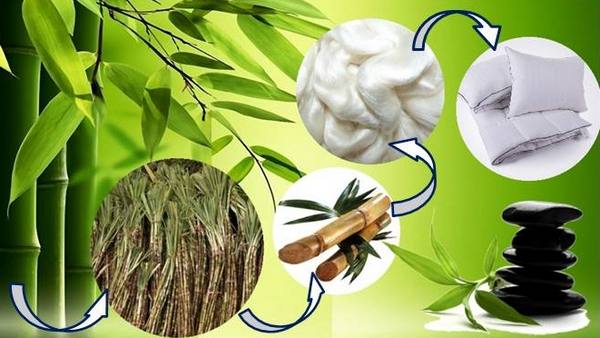
Content
Advantages of bamboo material
First, let's highlight the main advantages of bamboo fiber. Is it worth buying this product? Are there any problems with caring for it?
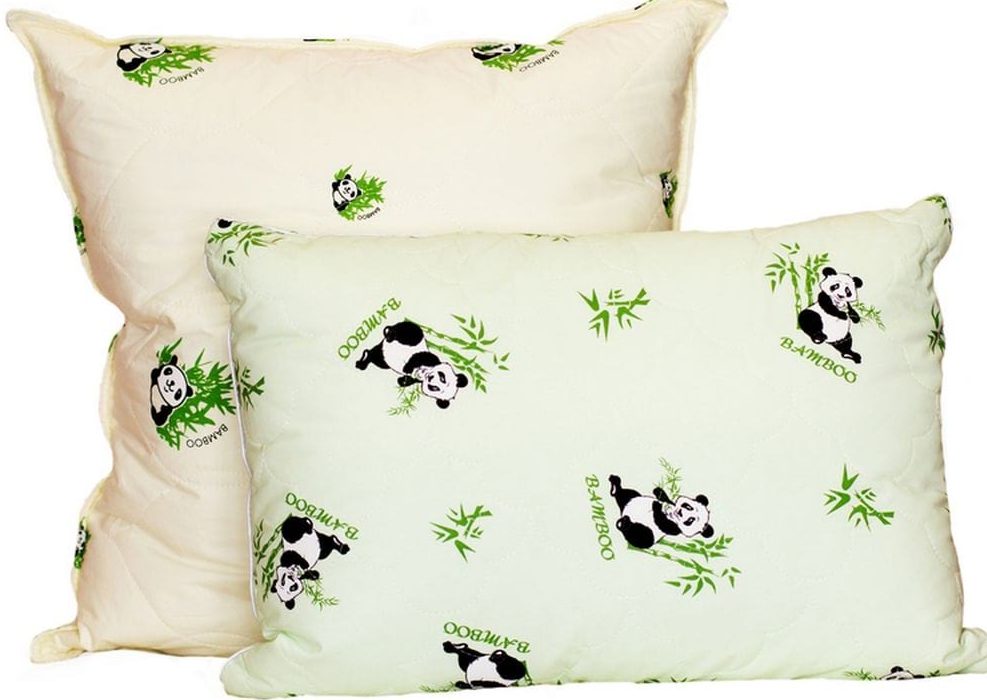
Here are some advantages that are inherent not only to pillows, but to all bamboo products.
- hypoallergenic;
- durability;
- elasticity;
- naturalness;
- pleasant smell;
- breathable (porous) structure;
- safety for the body;
- versatility of use;
- hygroscopicity (moisture is absorbed).
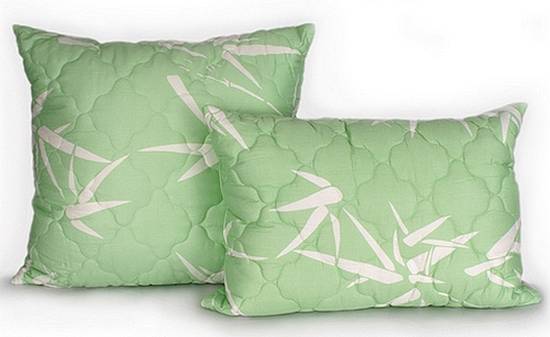
It is pleasant to rest under a bamboo blanket both on hot summer nights and on cold winter evenings. The body does not sweat, breathes, and warms up. Thanks to the unique properties of the bamboo plant, bugs and other bed pests will not appear. This means that the plant is a good antiseptic (an additional plus in the piggy bank).
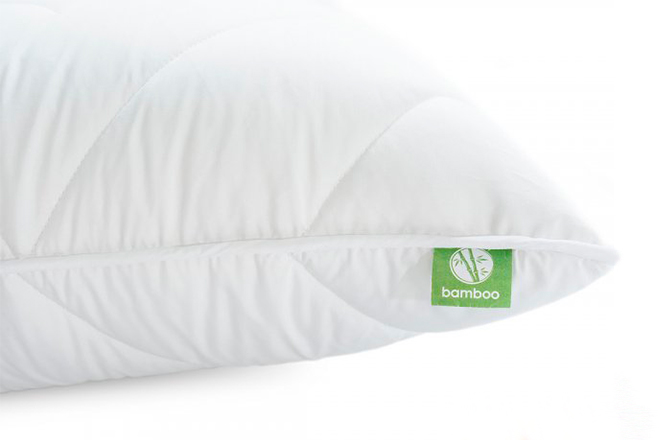
The data from surveys conducted by volunteers in the capital of our country show that housewives prefer proven pillow fillers. Down, feather, holofiber and its derivatives are the top three. But the use of bamboo fiber is gaining momentum. Although such pillows are not the leaders in surveys, young families have begun to switch more to natural fillers.
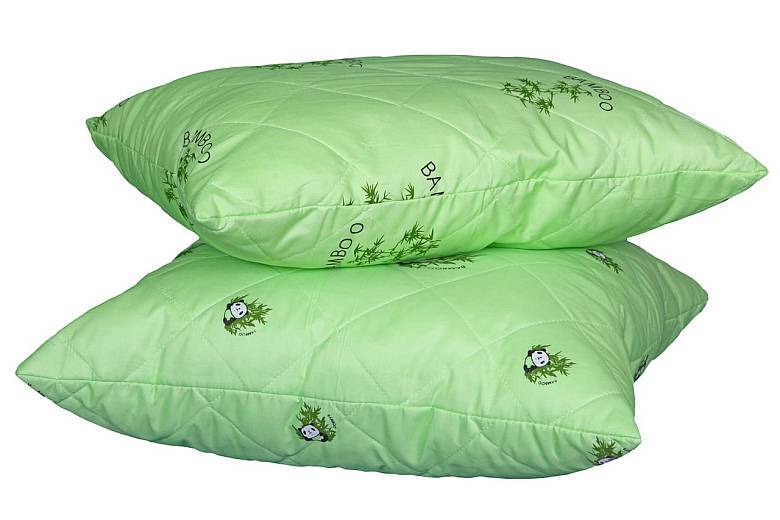
To save or not to save: what is more profitable?
Bamboo fiber is more expensive than its analogues. But the question is rather conditional. It is unlikely that you will save on your health. Therefore, it is worth considering buying a good pillow filled with bamboo textiles.
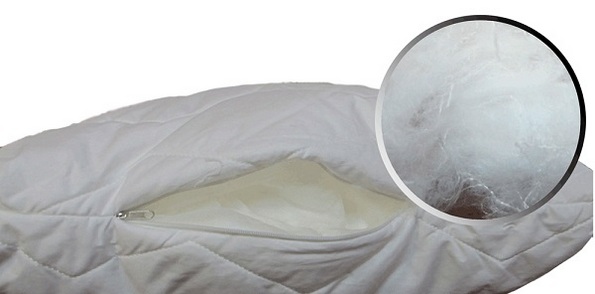
This is interesting! The bamboo industry is a very profitable business. The growth rate of each plant's stems is almost 20 meters per month. This fact plays into the hands of both the manufacturer and the buyer. The manufacturer does not have to use chemical additives, spending additional funds. For the buyer, this is a guarantee of health and environmental friendliness.
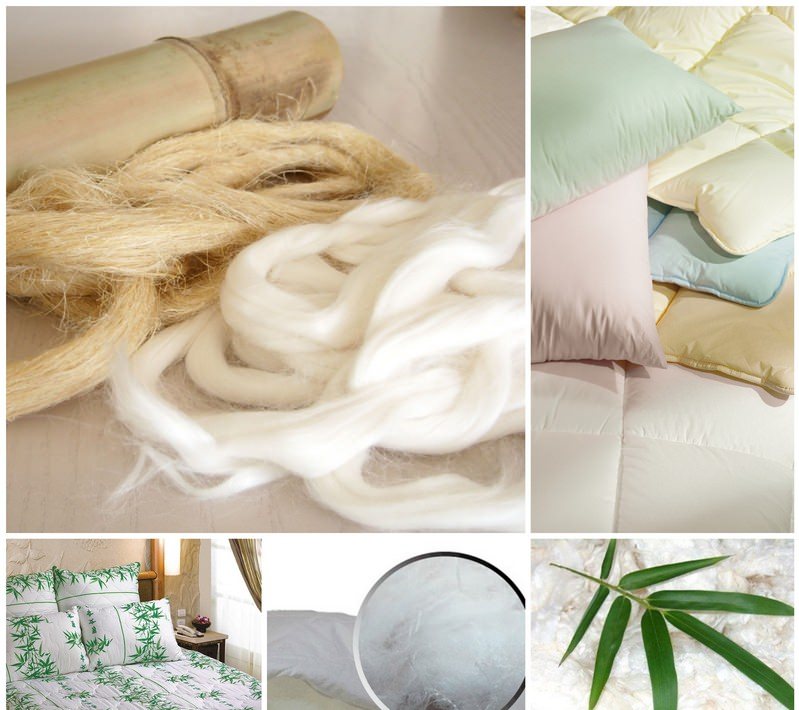
Speaking of production. The bedding filler is made from the core of the plant. The soft substance undergoes special processing (the manufacturer, of course, keeps silent about the nuances). The output is raw material, which later takes the form of a well-known filler, for the care of which special requirements are imposed, in particular, the cleaning process in the washing machine, as well as how to choose a detergent.
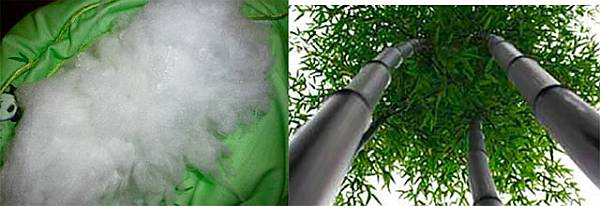
Caring for Bamboo: Washing It Right
There are two ways to wash pillows:
- in an automatic washing machine;
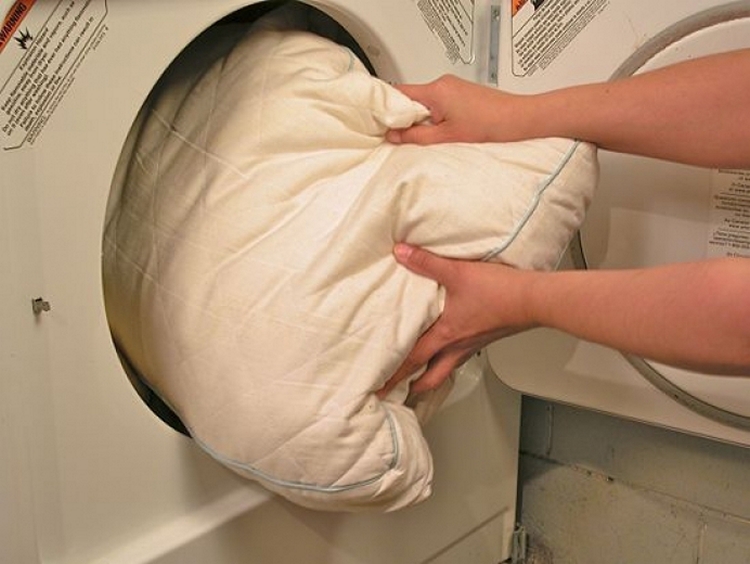
- hand wash in a basin.
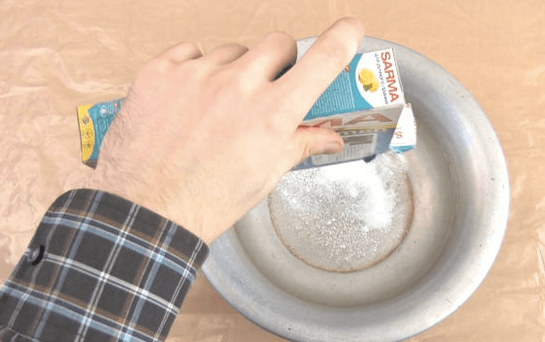
There is a third option - washing in a hand washing machine. But these wonderful technical devices have long since sunk into oblivion. Hardly anyone uses them.
Not every filler will feel “wonderful” after machine washing. For example, down/feather should not be subjected to “wet” cleaning at all. But such synthetic materials as comfortel, sintepon and holofiber feel great in a wet environment.
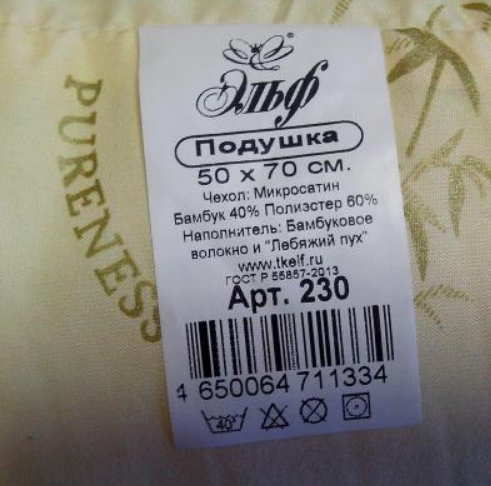
Contrary to popular belief, bamboo pillows can (and should) be subjected to "wet cleaning". But here it is important to know all the nuances of caring for the product, choose the right detergent, and not mix up the mode on the washing machine.
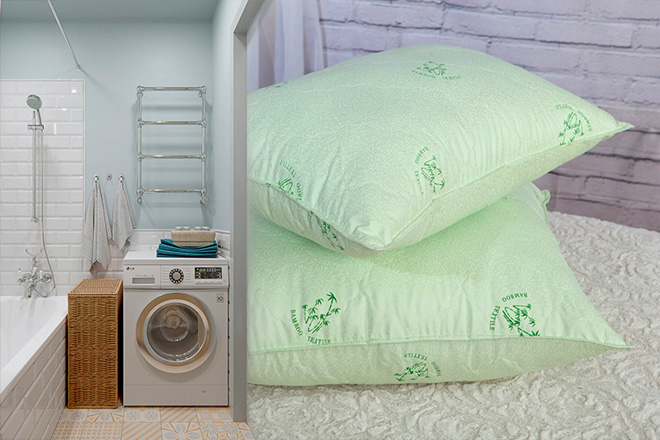
Automatic washing
Every home has an automatic washing machine. Therefore, it is easiest to wash your bamboo product in it. Follow the rules below. To avoid contradictions, be sure to read the instructions included with the product.
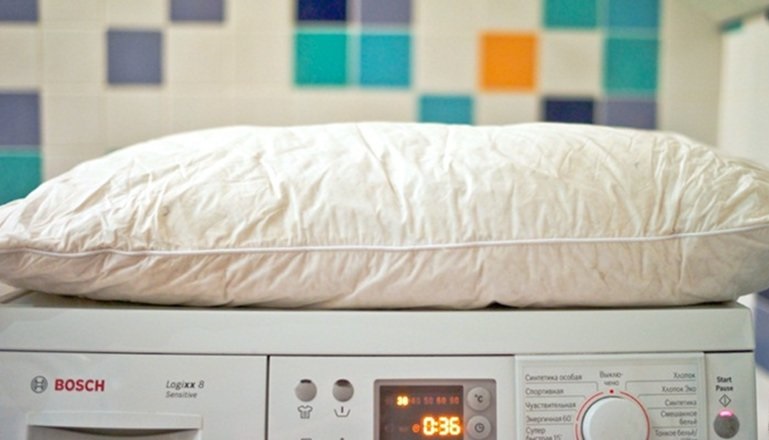
Step-by-step instructions.
- First, remove the pillowcase from the product.
- Check all seams and the front surface for tears and holes. If any are found, darn the product without fail.
The pillowcase is carefully checked for damage. - Be sure to buy liquid detergent. A chemical composition for delicate washing (silk, wool) will do.
For machine cleaning, you can choose powders for delicate washing or liquid capsule products. - Observe the temperature regime during washing: maximum 40 degrees Celsius.
- It is better to leave the spinning of the product for later. But if you do not have the time or desire to mess around, then set the spinning to the lowest possible speed (400 is the maximum).
- Use tennis balls or massage balls (you can buy them at the pharmacy, they are orange).
The pillow should be placed in a specific section, then liquid detergent should be poured in. - Washing mode: delicate.
After washing and spinning, it should be fluffed up, the material inside should be straightened out, and distributed evenly. - Ensure good rinsing. Bamboo pillows should not smell strongly of detergent after washing.
You need to turn on the double rinse mode and use a spin speed of no more than 500 rpm.
After washing, dry the pillow. To do this, use the horizontal option. Do not hang the pillow to avoid lumps.
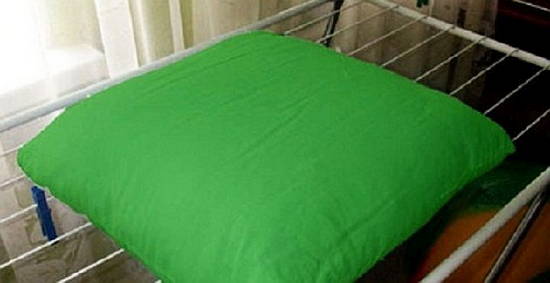
Hand wash
Before hand washing the pillows, do the preparatory stage. Remove all defects, sew up the textile.
- Prepare a basin with water at 30 degrees.
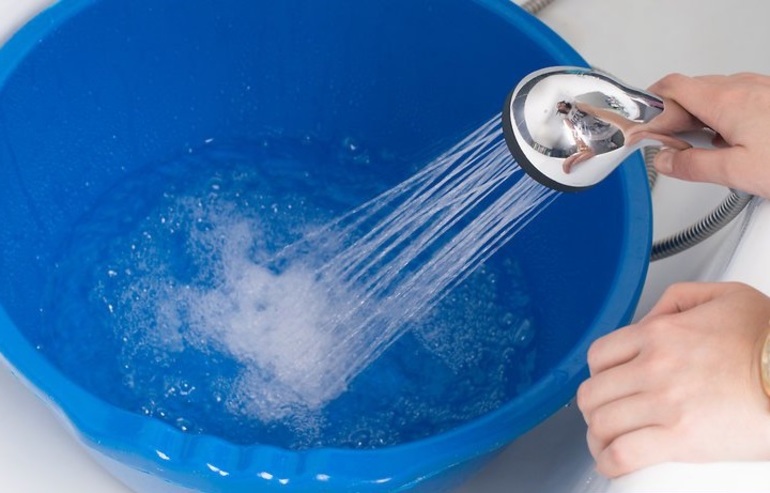
- Pour in the detergent and stir until foam appears.
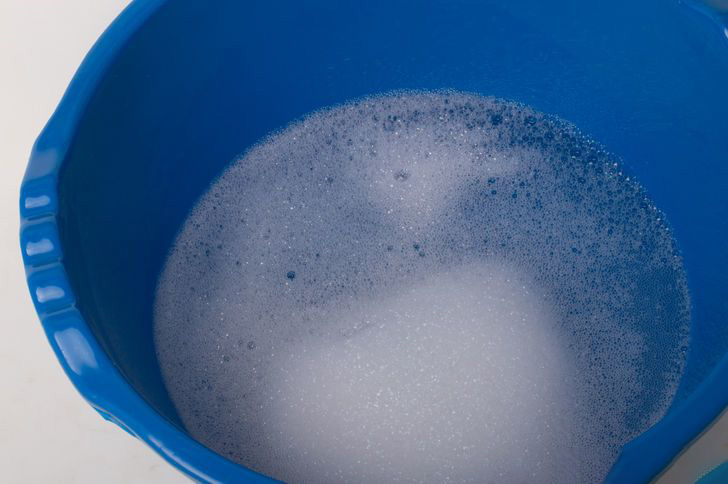
- Soak the pillow in water for 40 minutes.
- Next, you need to knead the textile in the basin with your hands. Intensive washing is not allowed.
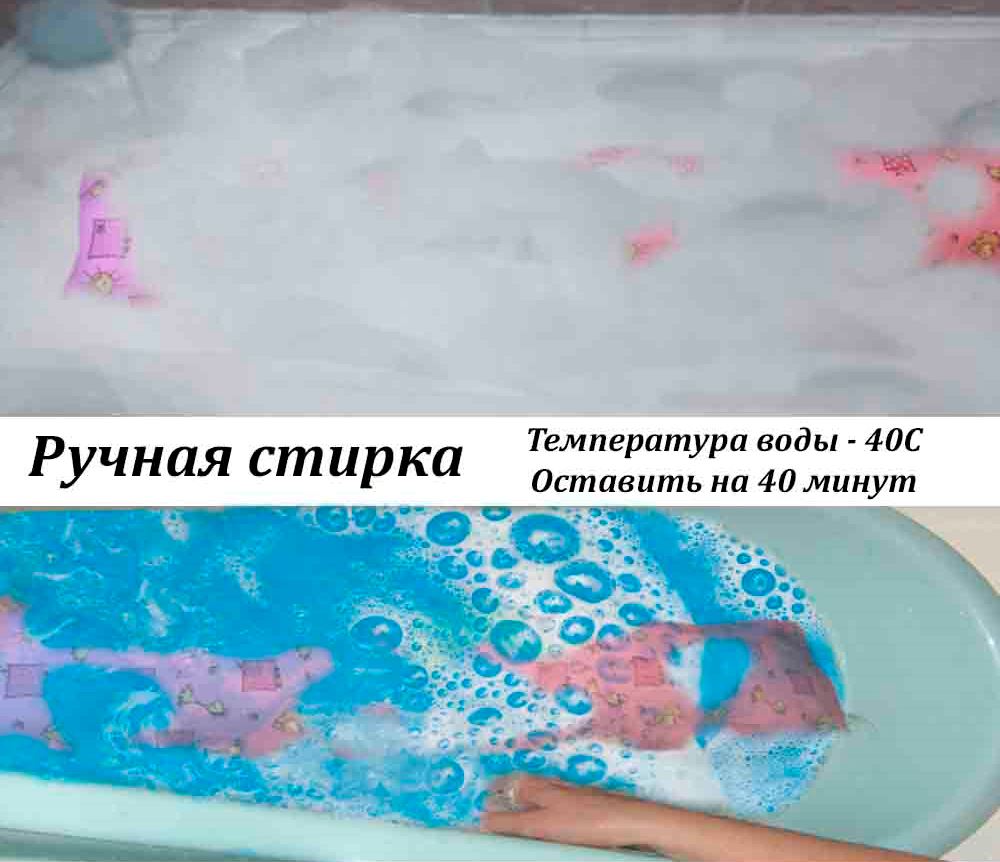
- Rinse with cold water replacement up to 6 times. When soap bubbles stop appearing on the surface, the pillow is rinsed.
- Press lightly. It is better to leave some water.
- Place the textile with bamboo filling on the horizontal surface of the dryer, placing a basin underneath it.
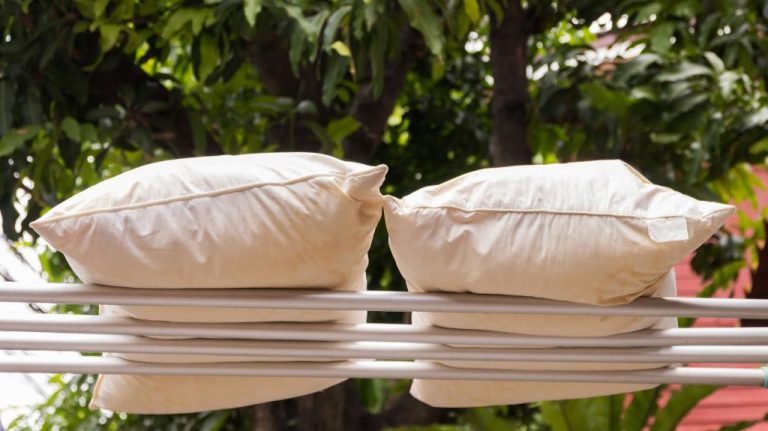
Wash as it gets dirty, but not less than once a year (preferably twice).
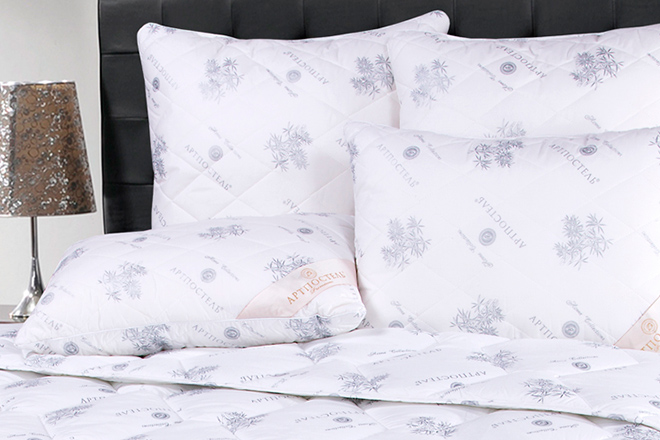
If you follow these simple steps, your pillow will serve you for many years.
